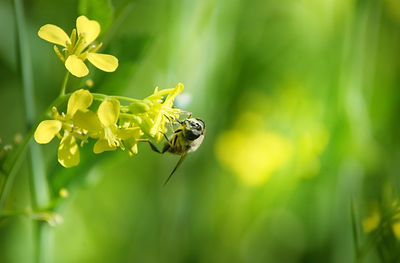Washington Township
Green Team
Save it. Print it. Use it. Share it.
As a team we identify topics, research them and create downloadable guides for you!
Download one or all! This information is best shared and acted upon.
Natural and eco-friendly cleaning products
Integrated Pest Control
Plant a Garden

How to Compost
Composting offers numerous benefits for both the environment and your garden. It reduces waste by diverting organic materials from landfills, which helps decrease greenhouse gas emissions. Additionally, compost enriches soil, improving its structure and fertility, which leads to healthier plants. By composting, you also promote biodiversity and support a sustainable ecosystem.

Leave the Leaves
Leaving leaves on the ground in the fall is beneficial for several reasons. Firstly, they provide essential nutrients to the soil as they decompose enriching it for future plant growth. Additionally, leaves create a natural habitat for beneficial insects and wildlife, promoting biodiversity in your garden. Finally, leaving leaves can help prevent soil erosion and retain moisture, making your garden healthier and more sustainable.

Native Plants | Birdhouses | Frog Pools
Create a diverse ecosystem right in your own yard. This guide has specific plants for our area, soil type and a planting guide. Also included: what bird species are common in your yard, and recommendations for bird houses. Information on relocating frogs to a natural pool.

